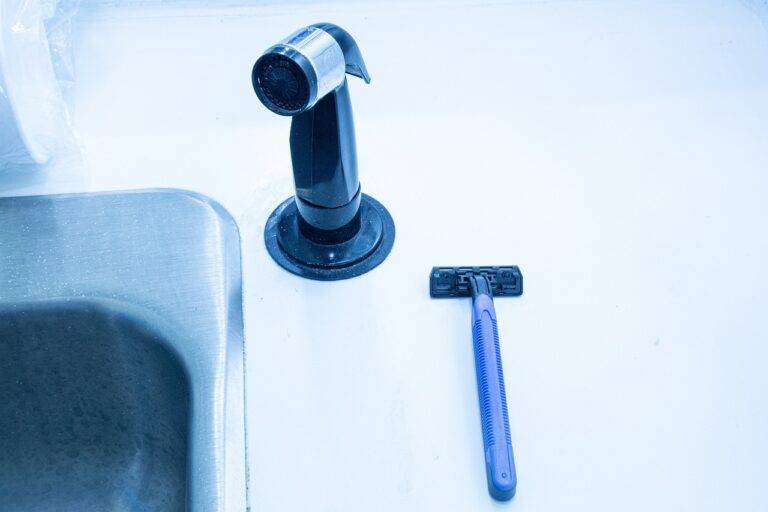Incorporating Smart HVAC Systems for Energy Efficiency and Comfort
Smart HVAC systems utilize advanced technology to regulate heating, ventilation, and air conditioning in residential and commercial buildings. These systems are designed to automatically adjust settings based on factors like occupancy, outdoor temperature, and time of day, providing a comfortable indoor environment for occupants. By integrating sensors and smart thermostats, smart HVAC systems offer precise control and can be easily managed through mobile apps or centralized control panels.
One key feature of smart HVAC systems is their ability to learn and adapt to the unique needs of a building. Through machine learning algorithms, these systems can analyze patterns of usage and optimize energy consumption accordingly. This proactive approach not only enhances comfort but also contributes to significant energy savings over time, making smart HVAC systems a wise investment for environmentally conscious individuals and businesses.
• Smart HVAC systems utilize advanced technology to regulate heating, ventilation, and air conditioning in residential and commercial buildings.
• These systems automatically adjust settings based on factors like occupancy, outdoor temperature, and time of day.
• Smart HVAC systems offer precise control through sensors and smart thermostats.
• They can be easily managed through mobile apps or centralized control panels.
• One key feature is their ability to learn and adapt to the unique needs of a building.
• Machine learning algorithms analyze patterns of usage to optimize energy consumption.
• This proactive approach enhances comfort and contributes to significant energy savings over time.
Benefits of Smart HVAC Systems
Enhancing comfort levels and convenience in homes and offices, smart HVAC systems offer users the flexibility to control the temperature and settings remotely through their smartphones or smart devices. This on-the-go accessibility provides individuals with the ability to adjust their HVAC systems based on their preferences, ensuring a comfortable environment awaits them upon arrival.
Moreover, smart HVAC systems can lead to significant cost savings by optimizing energy consumption through features like programmable thermostats and sensors that detect occupancy levels. By efficiently regulating heating and cooling according to real-time data, these systems promote energy conservation, resulting in reduced utility bills for users.
Energy Efficiency with Smart HVAC Systems
Smart HVAC systems are designed to optimize energy usage by adjusting temperature settings based on occupancy and outside weather conditions. By utilizing advanced sensors and smart algorithms, these systems can intelligently regulate heating and cooling to minimize energy waste without compromising on comfort levels. This proactive approach not only reduces energy consumption but also contributes to lower utility bills for homeowners or businesses.
In addition to real-time monitoring and automated adjustments, smart HVAC systems offer remote access through mobile apps or web interfaces. This feature allows users to control their heating and cooling settings from anywhere, ensuring efficient energy usage even when away from home or the office. By optimizing energy efficiency through smart technology, these systems offer a cost-effective and environmentally friendly solution for maintaining indoor comfort.
What is a Smart HVAC System?
A Smart HVAC System is a heating, ventilation, and air conditioning system that uses advanced technology to optimize energy usage and improve overall efficiency.
What are the benefits of installing a Smart HVAC System?
Some benefits of Smart HVAC Systems include improved energy efficiency, cost savings on utility bills, remote access and control, and enhanced comfort and indoor air quality.
How do Smart HVAC Systems contribute to energy efficiency?
Smart HVAC Systems use sensors and algorithms to adjust temperature settings based on occupancy, weather conditions, and other factors, resulting in reduced energy consumption and lower utility costs.
Can I control a Smart HVAC System remotely?
Yes, most Smart HVAC Systems come with mobile apps or web interfaces that allow users to monitor and control their HVAC system from anywhere using a smartphone or computer.
Are Smart HVAC Systems more expensive to install than traditional systems?
While the upfront cost of a Smart HVAC System may be higher, the long-term savings on energy bills and maintenance costs typically outweigh the initial investment.





